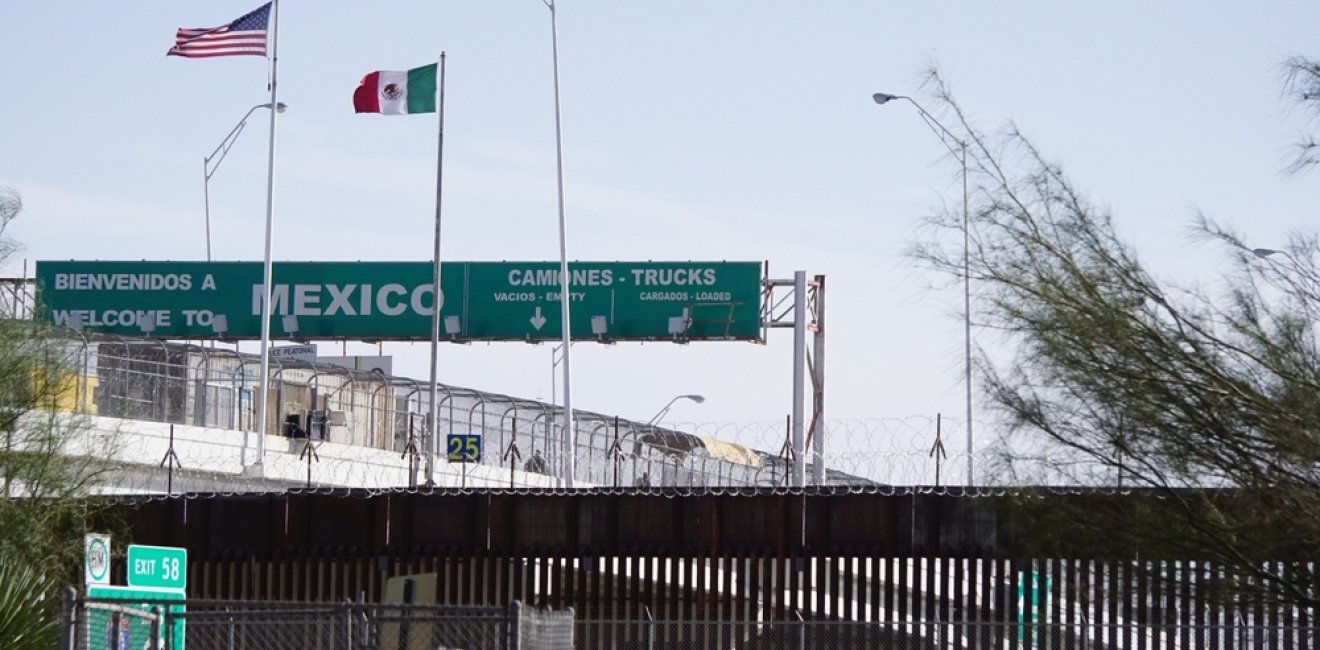
The recent judicial reform in Mexico has sparked significant concern regarding its potential impact on the rule of law, judicial independence, and its compatibility with international obligations, especially within the United States-Mexico-Canada Agreement (USMCA) framework. While constitutional reforms can be part of democratic progress, this particular reform presents troubling risks. It is not only regressive but also threatens Mexico’s democratic balance and the protection of human rights. Furthermore, it jeopardizes Mexico’s compliance with key international commitments, undermining confidence in its judicial system and economic stability.
The Unconstitutionality of Regressive Reforms
Modern constitutional law recognizes that not all constitutional amendments are automatically valid. If a reform causes regression regarding democracy or human rights, it may be deemed unconstitutional. Human rights and democratic governance are foundational principles that must take precedence over the procedural norms of a constitution. Any change that weakens these principles contradicts the core of a constitutional state and can be declared void.
The current judicial reform represents an apparent regression by diminishing judicial independence. The proposal to elect judges and magistrates based on political criteria rather than merit risks politicizing the judiciary, subjecting it to influences that have no place in an independent justice system.
Politicization and Co-optation of the Judiciary
One of the most alarming elements of this reform is the popular election of judges and magistrates. While this may seem democratic, it severely compromises judicial impartiality. The electoral process would expose the judiciary to the influence of political parties and economic actors. Instead of selecting judges based on professional qualifications, voters may be swayed by political rhetoric and interests unrelated to the fair administration of justice.
Judicial independence is not a luxury in a democracy but a necessity. When one branch of government becomes subservient to another, the separation of powers crumbles. This reform would allow for the political co-optation of the judiciary, particularly through the creation of a Judicial Discipline Tribunal. The tribunal's decisions would be final and under the executive branch's control, further compromising judicial autonomy.
The president has nicknamed this reform "Plan C," as it represents a third attempt to pass a broader set of reforms. From an external perspective, however, this "Plan C" stands for corruption, co-optation, capture, censorship, clientelism, and power concentration, among other negative consequences. These factors would severely undermine Mexico’s democratic structure and its ability to maintain the rule of law.
Erosion of Judicial Professionalization
The criteria for electing judges under this reform, such as candidates meeting specific academic benchmarks, do not guarantee the necessary experience and competence for the role. Over decades, Mexico has invested in creating a merit-based judicial career system that ensures judges are adequately trained and impartial. This reform would dismantle these advances and undo years of progress in professionalizing the judiciary.
The mass removal of current judges, replacing them with individuals chosen through this politicized electoral process, threatens the stability of the judiciary. It also infringes on the labor rights of these removed judges, particularly the imposition of a two-year ban on employment, which violates their right to work and access pensions.
Violations of the USMCA and Legal Uncertainty
The reform poses a domestic threat and risks violating Mexico's international obligations under the USMCA. The agreement mandates the preservation of independent courts free from political influence. By politicizing justice in Mexico, the reform could breach the country’s commitments, especially those outlined in Annex 23, which calls for impartial labor courts.
Chapter 14 of the USMCA protects foreign investors by requiring independent courts to resolve disputes fairly. However, the reform erodes investor confidence by undermining judicial impartiality and could expose Mexico to costly international arbitration. This instability could deter future investment, damaging Mexico’s standing as a secure destination for foreign capital.
Chapter 27 focuses on anti-corruption efforts, which depend on independent courts to enforce laws impartially. A judiciary compromised by political control could fail to hold corrupt officials accountable, violating the anti-corruption obligations outlined in the USMCA. Selective enforcement of corruption laws could also lead to international criticism, damaging Mexico's commitment to transparency and fairness.
This reform weakens judicial independence and threatens the legal certainty and transparency that are crucial for fostering economic growth and maintaining strong international partnerships. A judiciary perceived as politicized and unreliable would harm Mexico’s investment climate and strain its diplomatic relationships, particularly with the U.S. and Canada, which expect Mexico to uphold the rigorous standards of the USMCA.
Economic Consequences
Investors depend on an impartial judiciary to protect their interests and resolve disputes fairly. The erosion of legal certainty could have dire economic consequences, stalling the country’s economic growth. Legal uncertainty would also jeopardize Mexico’s competitive position in the global market, deterring future investments and pushing the country toward financial instability.
Conclusion
Mexico's proposed judicial reform profoundly threatens its rule of law, democratic balance, and international standing. By politicizing the judiciary and eroding judicial independence, the reform risks concentrating power in the executive branch and compromising the country’s ability to meet its international obligations.
Mexico must reconsider this reform to maintain its reputation as a reliable international partner and secure destination for investment. Judicial independence and professionalization are not merely political goals but essential pillars of a constitutional democracy. Mexico could face lasting economic and diplomatic repercussions if these principles are undermined.
Author

Explore More
Browse Insights & Analysis
Distinguished Fellow Carrie Filipetti provides an update on developments in Venezuela

Insights: Ambassador (ret.) Philip Reeker – Europe & the U.S. National Security Strategy

Distinguished Fellow Ambassador David Hale provides analysis on Iran
